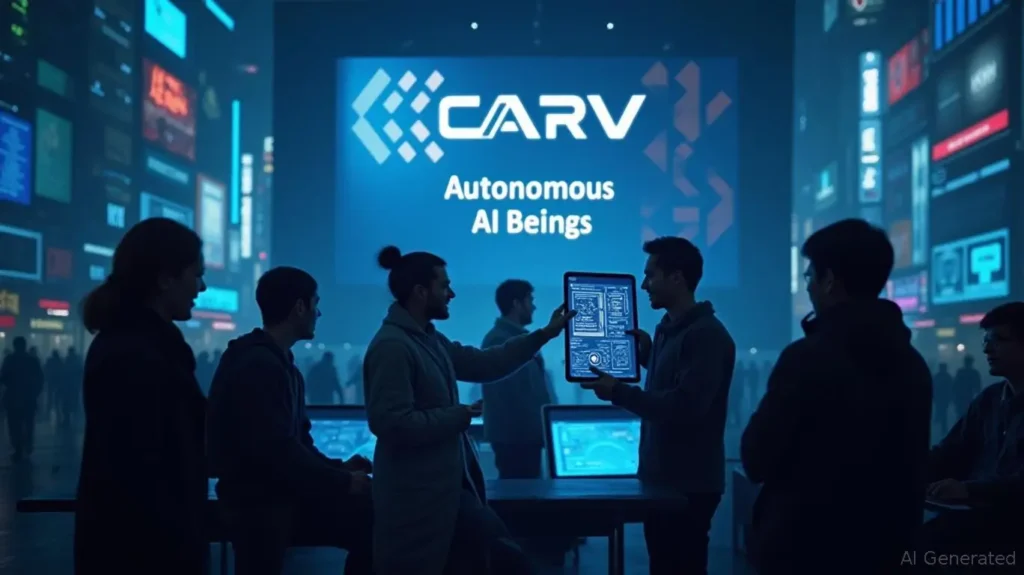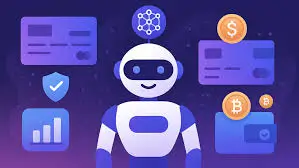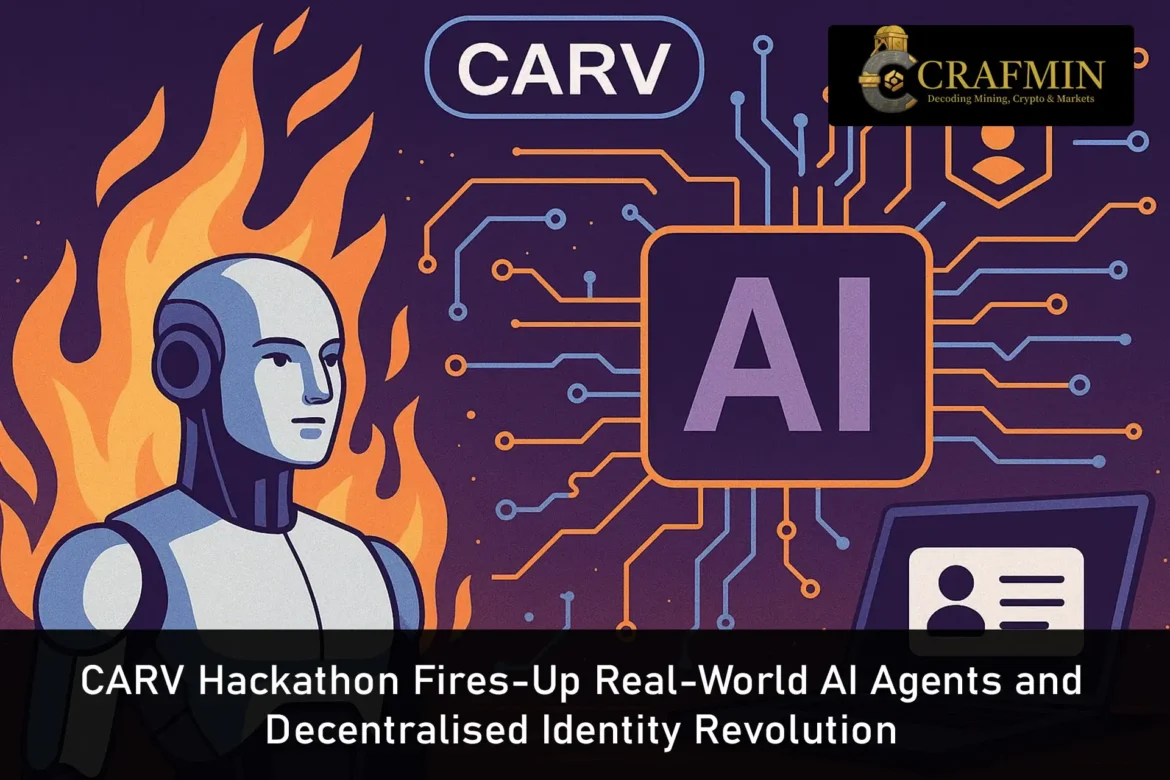CARV Hackathon Fires-Up Real-World AI Agents and Decentralised Identity Revolution
The recently concluded CARV Tech Fairness Hackathon, co-hosted with FAIR³ and HackQuest, has sent shivers down the Web3 and developer ecosystem. Conceived to engage over 600 builders globally and create over 200 Web3 and AI projects, the hackathon has evolved into something more than a developers’ playground. It’s becoming an incubator for impactful realities.
As focused as it is on Solana Virtual Machine (SVM) infrastructure, autonomous agents, and modular identity protocols, CARV’s event is laying the groundwork for decentralised technology that people are able to use.

CARV Hackathon ignites a wave of real-world AI agents and decentralised identity breakthroughs ( Image Source: AInvest )
It’s Creating Something Bigger Than Hype
Hackathons have a tendency to close with dazzling demos and muted repositories. Not this one.
From the outset, CARV made it clear that this was no parade — it was a mission. It tasked developers with building independent, secure, and interoperable solutions to real-world, specific problems. It meant focusing on decentralised identity, smart agents, and systems that worked in the real world — not an ideal one.
Players leveraged the speed and scale of Solana’s SVM chain to build complex systems — and succeeded in ways that even veteran Web3 commentators were taken aback by.
AI Agents You Can Actually Use
Readily, most importantly, there was intelligent agent infrastructure creation. Teams of developers delivered applications that act on their own — processing information, making decisions, and taking actions on-chain — with minimal direct human interaction required.
What is distinctive about these agents is that they’re decentralized. They’re not centralized tools being told what to do by some single party. They’re decentralized rails instead, where every interaction and every choice is transparent and open.
That makes them highly useful in high-trust environments like finance, government, and content production — all the markets where accountability and transparency are priority number one.

AI agents that think and act on-chain — no human needed ( Image Sourse: LinkedIn )
Another standout was building a modular identity system, based on the Agent ID standard (ERC-7231). Not passwords, biometrics, or state IDs. Instead, it built a behaviour-first identity system — reputation established through on-chain interaction.
With Agent IDs, users and agents can build trust by showing what they’ve done — rather than just who they are. It’s a departure from static credentials to dynamic, contextual identity that can move across platforms, apps, and ecosystems.
That fixes one of the most endemic issues in Web3: fragmented, non-portable identity systems.
Applications in Motion
CARV is not waiting for proof-of-concept. The winning teams from the hackathon will have their projects integrated into the portfolio of consumer-facing solutions that CARV already has — solutions that already reach more than 8 million consumers worldwide.
Grants and pilot programs are also being awarded to support these groups, especially in the areas of Agent DAO governance models. The idea is to bring new tools straight to real-world use — rather than collecting dust on GitHub.
With its rapid adoption and community support, CARV is establishing a new bridge between innovation and impact.
Why This Is a Turning Point
Never have AI, data privacy, and digital ownership been under so much scrutiny. Now that governments are beginning to set the rules on these emerging technologies, developers are seeking to build ethical, decentralised applications where people come before profit.
CARV’s hackathon couldn’t have come at a better time. Its focus on community-driven governance, verifiable behavior, and privacy-first architecture is a thrilling vision of the future — a world where the internet empowers rather than exploits.
These are not fantasies. The protocols and tools developed during the hackathon show us that this future is very much within our grasp.
Also Read: Bitcoin Tanks while AI Tokens Rocket in Modified Market
What’s Coming Next?
If this moment is any guide, the power driving agent-centric ecosystems and decentralized identity is only beginning. In the coming few months, CARV will be scaling:
- Agent DAO pilots across various industries
- Greater deployment of Agent ID infrastructure
- Greater extension into games, education, financial, and social platforms
- Simplified developer tooling to build their standalone agents without having to begin from scratch
The vision is easy to imagine: decentralised agents, under the control of the users, with open identities that float between platforms. And all thanks to this hackathon, it’s no longer a pipe dream — already in progress.
A Fairer, Smarter Digital Future
Essentially, CARV Hackathon is more than a series of lines of code. It is a matter of belief in computer systems being smart, just, and community-driven. Since autonomous agents will shape the future of search, automation, trade, and social interaction, the tools for making that future ethical and transparent are being constructed today.
If CARV’s vision becomes a reality, the decentralised web isn’t just going to become smarter — it’s going to become fair, finally.

